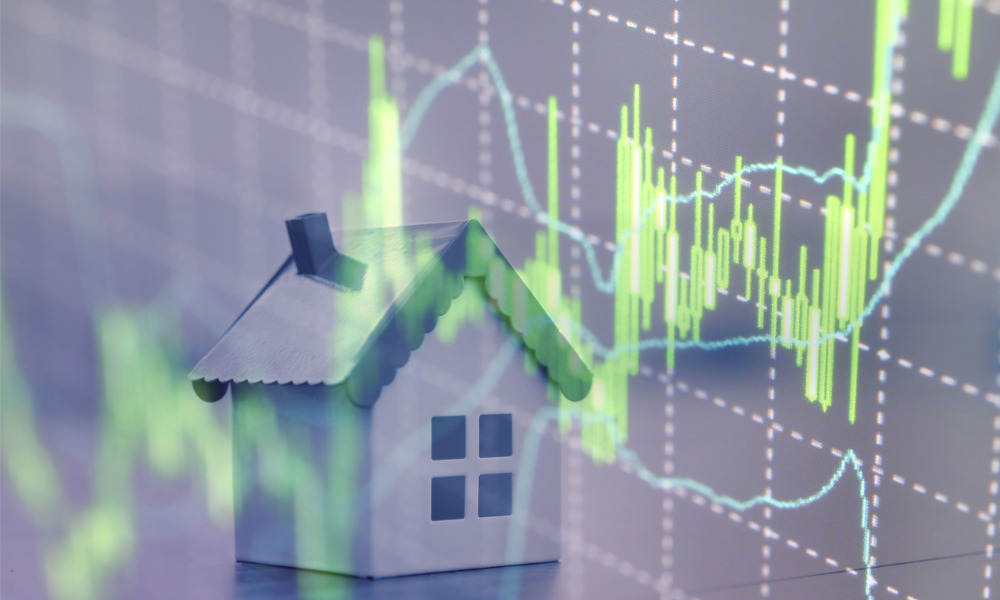Low rates and a dearth of inventory will keep prices rising this year and next, analysts say

Australia’s red-hot housing market will just get hotter this year and next thanks to low borrowing costs and a dearth of inventory, making affordability even worse, according to analysts polled by Reuters.
Since the beginning of the COVID-19 pandemic, the Reserve Bank of Australia has cut the cash rate to a record low. That, together with the central bank’s recently expired term funding facility, has been a potent driver for what was already one of the world’s most expensive housing markets, Reuters reported.
Since the Global Financial Crisis of 2008-2009, house prices have nearly doubled nationwide and more than doubled in Sydney and Melbourne. Wages, however, have not kept pace with soaring home prices. That’s created a widening gap between those who are already homeowners and those who are struggling to break into the property market.
“A very low interest rate and other forms of monetary policy support have certainly driven down mortgage rates since the start of the pandemic,” Sarah Hunter, chief Australian economist for BIS Oxford Economics, told Reuters. “That has made housing more affordable for some buyers, who are certainly taking advantage of it.”
With the RBA continuing to insist that the cash rate is unlikely to rise before 2024, home prices are predicted to spike 17% this year and 16.2% in 2022, according to a Reuters poll of 12 property market analysts. That forecast is a significant increase from the predictions of 10.5% this year and 5% next year in a May survey.
The analysts polled said there were many reasons for house prices to keep climbing and outpace general inflation. Only two analysts forecast a decline in house prices, both for 2023, Reuters reported.
“Households have built up significant excess savings, and the shift in preferences towards detached houses has continued,” Hunter said. “Coupled with this, the supply of properties to the market remains relatively low, resulting in demand outstripping supply.”
This has caused affordability to worsen, with home prices rising out of reach for many prospective buyers. Seven of eight analysts who answered Reuters’ question about affordability over the next two to three years said it would worsen; only one predicted an improvement.
“If house prices continue to go up, it will be harder for people who haven’t got a home and obviously benefit those who have,” Peter Munckton, chief economist at Bank of Queensland, told Reuters. “How do we make sure there is [affordable] housing? We haven’t solved the supply-side problem yet and one of the issues that has been the case in Australia for a long time now is we have probably underinvested in infrastructure.”
The poll predicted that house prices in Sydney and Melbourne would rise 20.3% and 15.5% this year, respectively. Prices in Brisbane, Adelaide and Perth were forecast to spike by 17%, 14%, and 15.5%, respectively.



